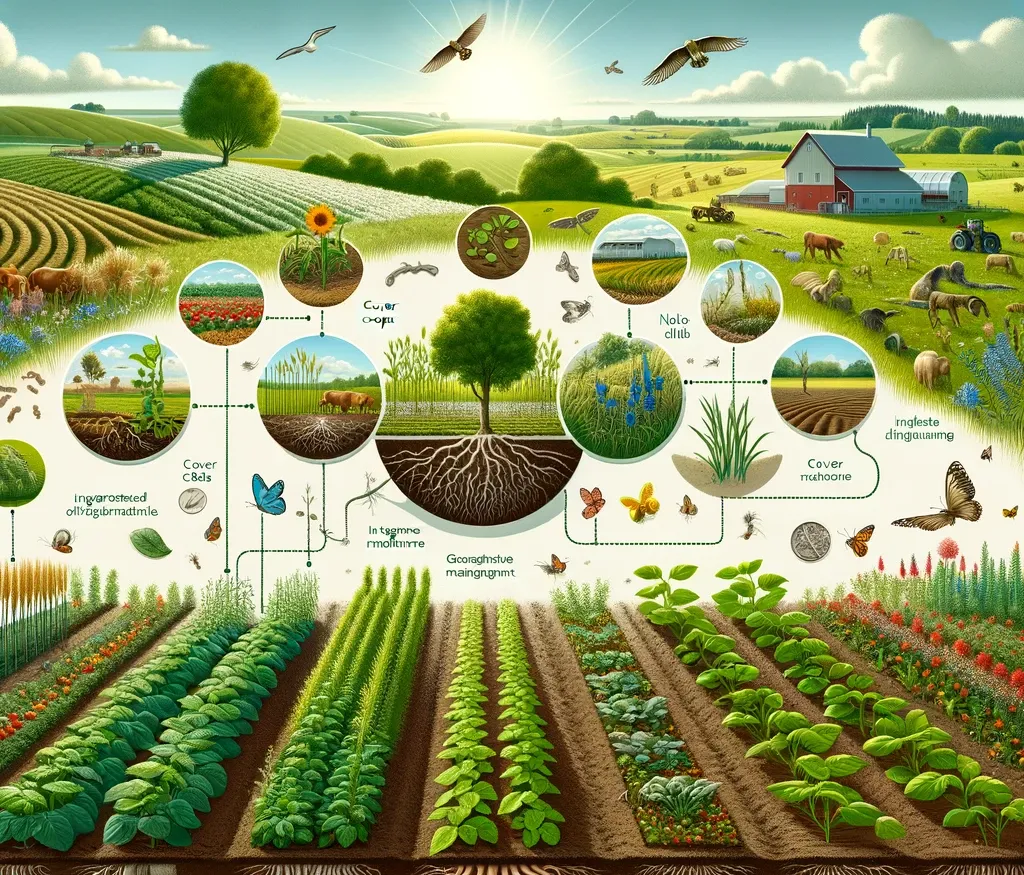In the face of escalating climatic uncertainties and abiotic stresses, the world’s bio-resources and agricultural productivity are under severe threat. A recent study published in the *International Journal of Bio-Resource and Stress Management* highlights the urgent need for systematic research to conserve native plant species and bolster crop productivity under sustainable agriculture practices. The research, led by Ratikanta Maiti, an Honorary Professor at the Universidad de las Americas, sheds light on the critical state of endangered native plants and the potential economic benefits of their conservation.
The study emphasizes that many native plant species, such as cactus and wild chilli (Chile piquin), are at risk due to over-exploitation for economic gains. “There is a great necessity of the recovery of ethnic knowledge of medicinal plants, inherited from generation to generation since remote past,” Maiti notes. This traditional knowledge, combined with modern scientific techniques, could pave the way for innovative agricultural practices and commercial opportunities.
One of the key findings of the research is the development of propagation techniques for 40 cactus species and wild chilli. These advancements are significant steps towards conserving these endangered species and potentially integrating them into commercial agricultural practices. The study suggests that concerted research efforts in ethnobotany, pharmacognosy, histochemistry, and phytochemistry could unlock the full potential of these native plants.
The commercial impacts of this research are substantial. By conserving and propagating native plant species, the agriculture sector could diversify its crop portfolio, leading to new revenue streams and enhanced food security. For instance, the wild chilli, once propagated and cultivated on a larger scale, could become a valuable cash crop for local farmers. Similarly, the economic plants like lechuguilla, yucca, and candelilla could find new applications in various industries, from pharmaceuticals to cosmetics.
The study also underscores the importance of sustainable agriculture practices in mitigating the effects of climatic stresses on crop productivity. By integrating traditional knowledge with modern agricultural techniques, farmers could adapt to changing climatic conditions more effectively, ensuring stable yields and economic stability.
The research by Maiti and his team is a call to action for the scientific community and agricultural stakeholders. It highlights the urgent need for systematic research and conservation efforts to preserve native plant species and enhance agricultural productivity. As Maiti aptly puts it, “Concerted research activities need to be directed in this vital aspect.”
In the broader context, this research could shape future developments in the field of sustainable agriculture. It could lead to the discovery of new plant species with unique properties, the development of innovative agricultural practices, and the creation of new markets for native plant-based products. By embracing these opportunities, the agriculture sector can not only enhance its economic prospects but also contribute to global food security and environmental conservation.

